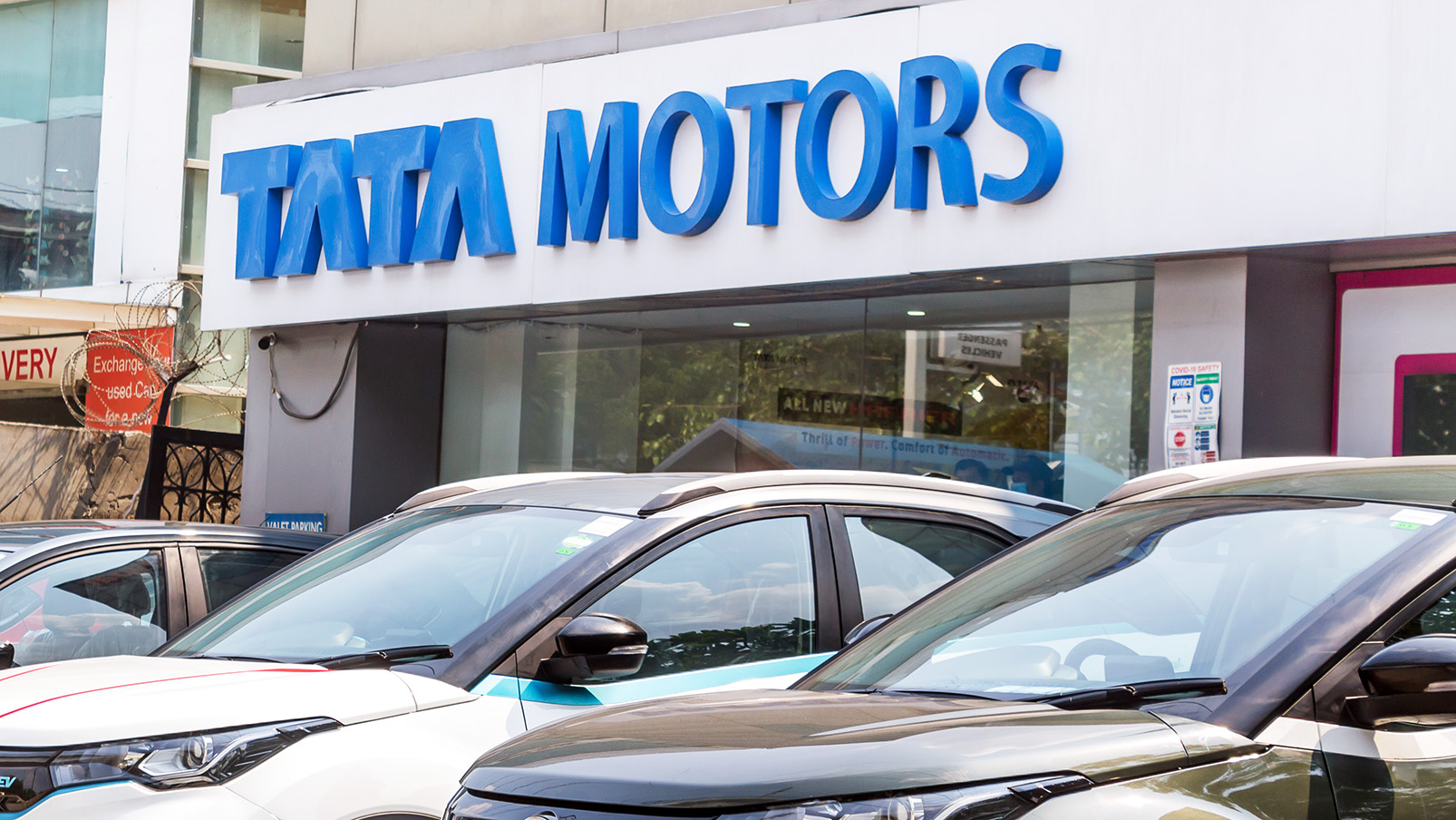
Tata Motors expects gradual improvement in domestic demand
In the passenger vehicle segment, the company’s revenue declined by 4.3% year-on-year to Rs 12,400 crore
Tata Motors is expecting a gradual improvement in terms of demand in the fourth quarter of FY25, a top official said on Wednesday. The company reported a 22% year-on-year decline in its net profit to Rs 5,451 crore in the third quarter of FY25, as against Rs 7,025 crore in the same period last year. The automaker's revenue from operations improved marginally by 2.7% to Rs 1.16 lakh crore as against Rs 1.11 lakh crore in the same period last year.
In the passenger vehicle segment, the company’s revenue declined by 4.3% year-on-year to Rs 12,400 crore, whereas the segment’s EBITDA improved by 120 basis points. In the commercial vehicle segment, the company’s revenue declined by 8.4% year-on-year to Rs 18,400 crore.
“I think if you look at the domestic situation, the decline in revenues that you saw for us in the commercial vehicle side, while market shares have inched up in the heavy will give you a signal that the demand for in Q3 has not been as great as you'd have expected. The festive season has been good, but thereafter the demand has been weak owing to a combination of factors such as tight liquidity,” says P Balaji, Group CFO, Tata Motors.
According to Balaji, though the quarter has not witnessed great growth, demand can bounce back once the consumption is turbocharged. For the domestic automobile industry, the January to March quarter is generally strong, he said.
“On the domestic side, we expect a gradual improvement in demand on a combination of factors. We believe the infrastructure investments will continue this year. And we also have our product actions that are also going through. So domestically, we believe this gradual improvement in demand will continue into Q4,” Balaji said.
Notably, the company’s passenger vehicle and commercial vehicle business is slated for demerger in October 2025.
Meanwhile, the company’s revenue for Jaguar Land Rover improved marginally by 1.5% to £7.5 billion in the third quarter, with EBIT margin expanding by 20 basis points, the highest in a decade. JLR’s EBITDA however declined by 200 basis points. The company expects to achieve its profitability and cash flow targets in FY25, with EBIT margin ≥8.5% and positive net cash.
Balaji maintains that while the US and UK continue to be the biggest markets for JLR, the company will remain watchful in China. “We do continue to remain watchful in China. And the reason why we do see stress in China overall, at an industry level, I think the premium market is down almost 14% for the year from April to December this year. And in that, if you look at the JLR import business, we are doing much better. It only declined about 5% in that business. So, therefore, we believe that the intervention that we've been making in the Chinese market is helping us to get into the industry,” says Balaji.
Concerning the possibility of tariffs on automotive imports by the Trump administration, Balaji said that the company is closely monitoring the situation. “Currently we need to wait for clarity to emerge on that. And as far as the UK is concerned, I think the UK dollars of payment vis a vis the US is the other way around. US exports, more to the UK than the other way around. And therefore, we'll need to watch and see how that plays out. There's nothing concrete at this point. In any case, we will have to continue to drive all degrees, all the levers that we have both on the demand side and the cost side to navigate whatever comes our way,” says Balaji.
